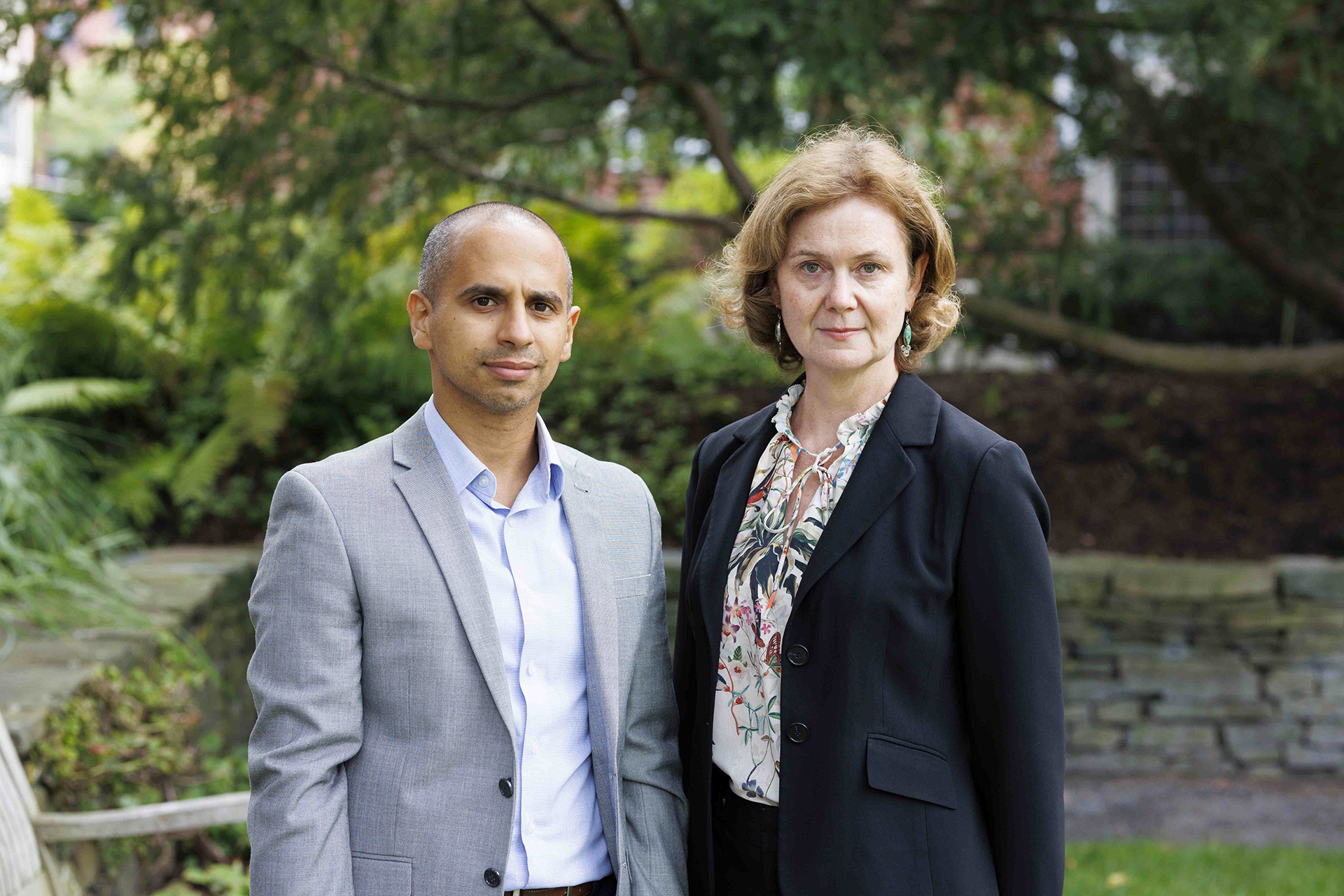
"Harvard has played a major role in shaping Greater Boston into a global biomedical hub, with overlapping schools, hospitals, and firms that offer state-of-the-art facilities and lifesaving medical research. But for decades, many of the same institutions have also dispatched hundreds of doctors, researchers, and students to the poorest parts of the planet - where what would be routine care in Longwood often becomes a coin flip."
"Even with hundreds of grants terminated or on hold, these efforts continue. But the work sits uneasily in a moment when U.S.-sponsored foreign aid has fallen into disfavor. As faculty director of the Harvard Global Health Institute, Louise Ivers has been thinking hard about how to defend some of the University's most altruistic work in a climate of skepticism. That kind of rhetoric doesn't come easily to Ivers."
Harvard's schools, hospitals, and biotech firms form a global biomedical hub offering advanced facilities and lifesaving research. Many of these institutions dispatch clinicians, researchers, and students to some of the world's poorest and most dangerous regions, where routine care can become uncertain. Those global health efforts persist even as hundreds of grants are terminated or put on hold. Declining public support for U.S.-sponsored foreign aid has created political skepticism and unease around altruistic work. A commitment to shared humanity and global solidarity motivates continued engagement in under-resourced communities. Cross-experience between well-resourced and under-resourced settings can strengthen practice and research in both.
Read at Harvard Gazette
Unable to calculate read time
Collection
[
|
...
]